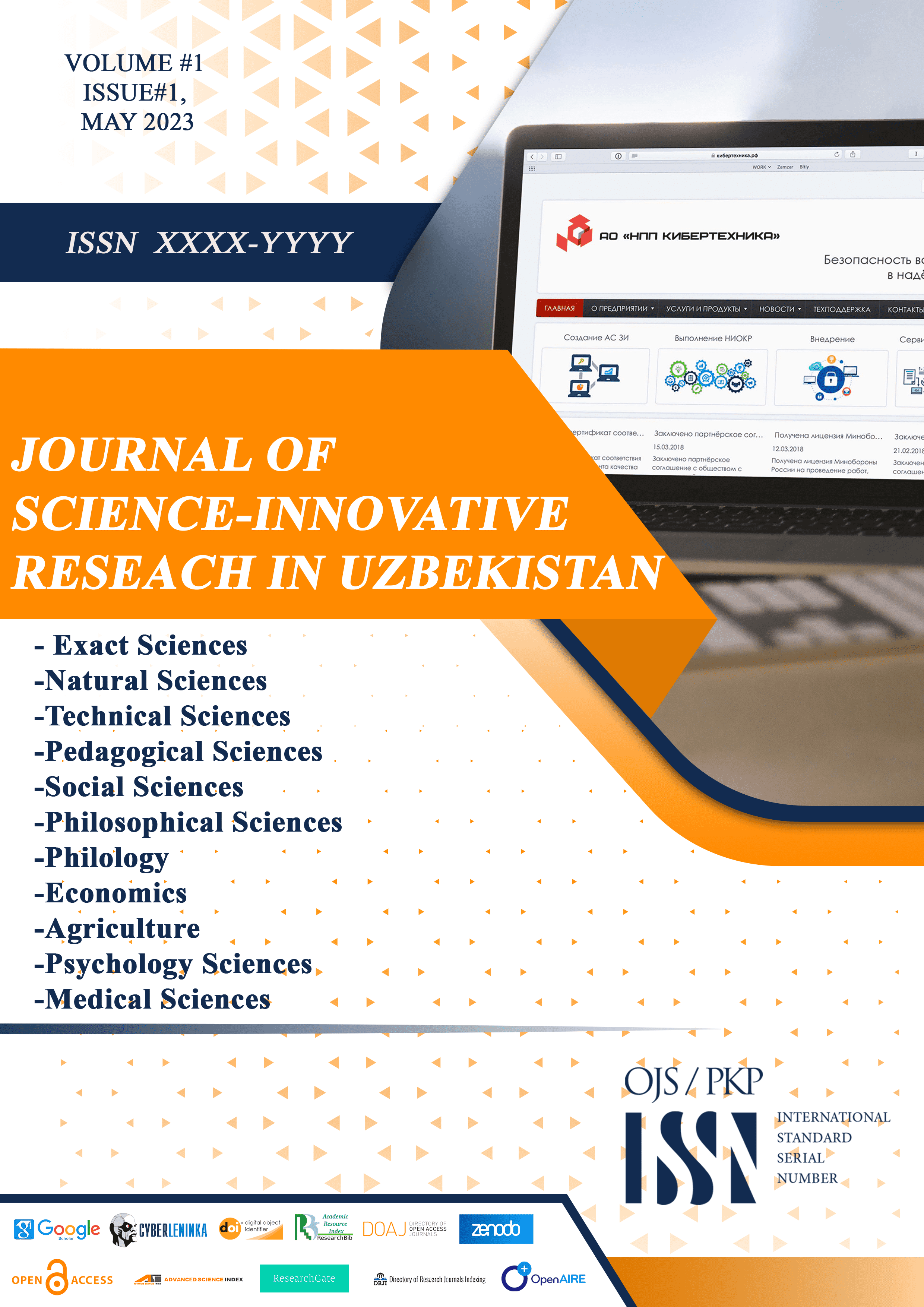Abstract
This article explores the significance of incorporating the adaptive learning method into preschool organizations, emphasizing its role in enhancing personalized educational experiences for young learners. Adaptive learning employs technology-driven solutions and innovative pedagogical strategies to address individual needs, learning styles, and developmental stages. By analyzing case studies and research findings, this study highlights how adaptive learning fosters critical cognitive and social skills, encourages self-paced development, and supports educators in creating inclusive learning environments. The findings underline the potential of adaptive learning in preparing preschoolers for academic success and lifelong learning, ultimately contributing to the evolution of early childhood education.
References
1. Bloom, B. S. (1984). The 2 Sigma Problem: The Search for Methods of Group Instruction as Effective as One-to-One Tutoring. Educational Researcher, 13(6), 4-16.
2. Brown, J., & Smith, T. (2019). Gamification in Early Childhood Education: A Path to Engagement. Journal of Educational Technology, 21(3), 45-58.
3. Chou, C., & Lin, H. (2020). Adaptive Learning and Its Effect on Preschoolers' Autonomy and Confidence. Early Childhood Education Journal, 48(2), 123-134.
4. Davis, P., & Green, A. (2020). Balancing Digital Tools with Traditional Methods in Preschool Education. Teaching in the Digital Age, 15(1), 67-84.
5. Subxanovich, A. A. (2023). Communication Features of a Qualified Doctor with Different Patients.
6. Subxanovich, A. A. (2023). THE IMPORTANCE OF THE SPEECH CULTURE AND ITS ROLE IN THE MEDICAL PROFESSION.
7. Subxanovich, A. A. (2023). KASBIY NUTQNI RIVOJLANTIRISHDA MUHOKAMA MAVZULARINING LINGVISTIK AHAMIYATI. TA'LIM VA RIVOJLANISH TAHLILI ONLAYN ILMIY JURNALI, 3(12), 381-384.
8. Subxanovich, A. A. (2023). TIBBIYOT TALABALARNING KASBIY NUTQINI TAKOMILLASHTIRISHDA ZAMONAVIY USULLARDAN FOYDALANISH. TA'LIM VA RIVOJLANISH TAHLILI ONLAYN ILMIY JURNALI, 3(11), 266-271.
9. Hämäläinen, L., et al. (2021). SmartKid: Adaptive Learning Solutions in Finnish Preschools. Scandinavian Journal of Early Childhood Research, 9(4), 89-102.
10. Hernandez, R., & Wong, L. (2022). Modern Applications of Vygotsky’s ZPD in Adaptive Learning Systems. Journal of Pedagogical Advances, 37(5), 255-272.
11. Jackson, L., & Lee, K. (2018). Teacher Training for Integrating Adaptive Learning in Early Childhood Education. Teacher Development Quarterly, 22(1), 33-50.
12. Johnson, M., et al. (2021). The Longitudinal Impact of Adaptive Learning on Preschool Literacy and Numeracy. Educational Studies, 28(3), 213-229.
13. Kim, H., & Park, J. (2017). Technology-Enhanced Adaptive Learning in Early Childhood. Journal of Child Development Studies, 15(2), 78-90.
14. Miller, R., et al. (2022). The Impact of Adaptive Learning Platforms on Kindergarten Readiness Scores. Early Learning Research, 19(1), 112-128.
15. Iriskulov, A., Aslanov, A., & Subhonova, A. (2021). WHY DO WE NEED A GLOBAL LANGUAGE?. Збірник наукових праць ΛΌГOΣ.
16. Aslanov, A. S., Subhonova, A. A., Avilova, K. H., & Saydullayeva, M. A. (2021). Impacts Of Language Learning On The Development Of Cognition. The American Journal of Social Science and Education Innovations, 3(09), 56-59.
17. Subxanovich, A. A. (2023). Communication Features of a Qualified Doctor with Different Patients. Journal of Pedagogical Inventions and Practices, 17, 52-56.
18. Turaev, J., Aslanov, A., & Subhonova, A. (2022). SUGGESTIONS AIMED AT THE DEVELOPMENT OF THE PRE-SCHOOL EDUCATION SYSTEM IN UZBEKISTAN. Евразийский журнал академических исследований, 2(11), 335-338.

This work is licensed under a Creative Commons Attribution 4.0 International License.

